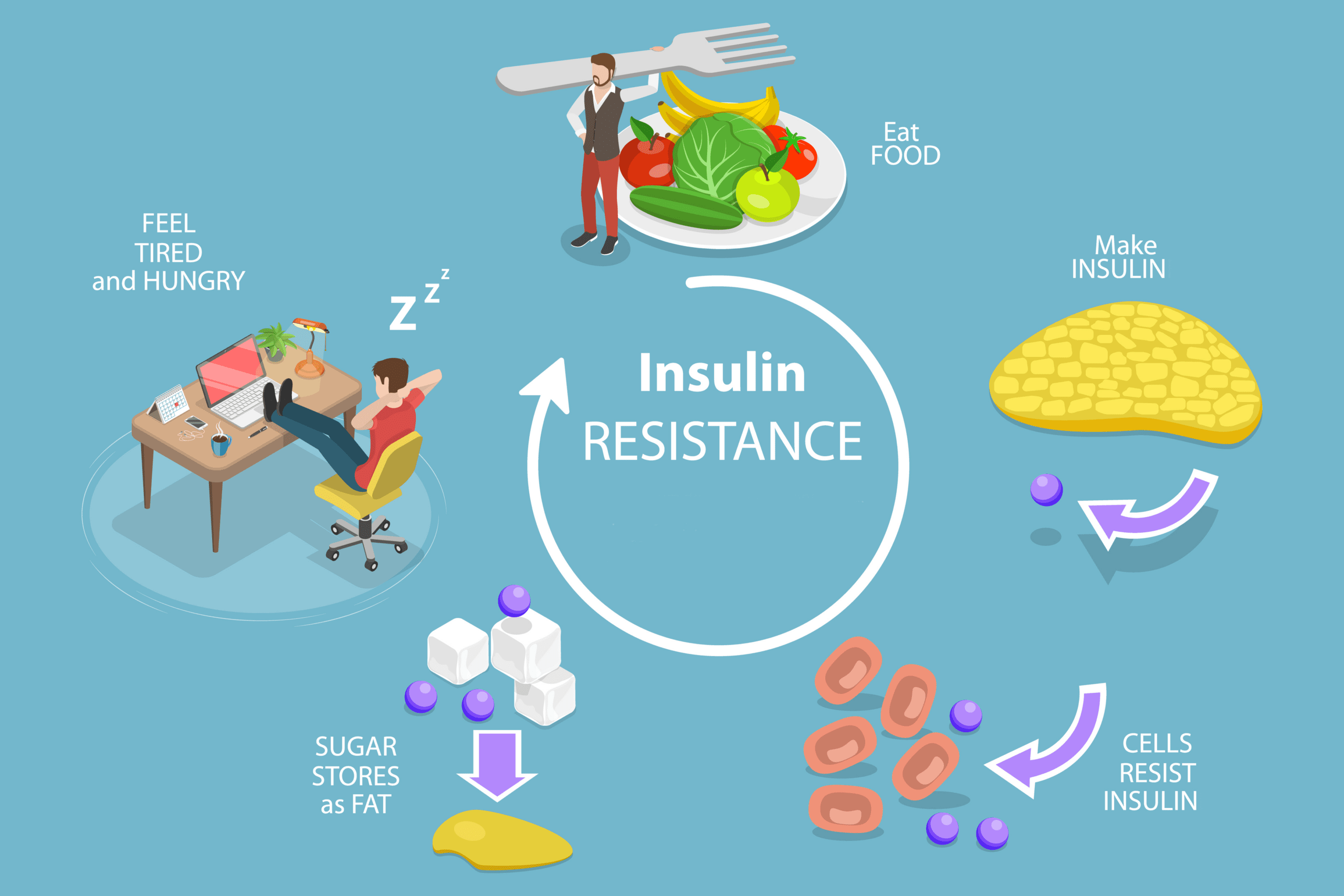By Margaret Jasinska, Naturopath
Fermented (cultured) vegetables are currently all the rage. If you keep up with health and medical news you’ve probably heard them mentioned regularly, and with good reason. Fermented vegetables offer your body a range of amazing health benefits.
Interestingly, there is nothing new about fermented foods; they’ve been eaten traditionally by several cultures for many thousands of years. What’s happening now is just a rediscovery of their health benefits.
Why eat fermented vegetables?
Because they are an excellent probiotic, meaning they are brimming with good bacteria. They are also well tolerated by individuals with dairy allergies or poor digestion. Sauerkraut and kimchi are the most well known probiotics. Sauerkraut is a traditional part of the northern European diet, whereas kimchi is a Korean food. They are both made from cabbage, although different varieties of cabbage; and kimchi has several additions, including garlic, onion and chilli.
The probiotics in fermented vegetables are excellent for improving digestive health and ameliorating symptoms like bloating, gas and indigestion. They are also helpful for normalising bowel motions, thus can help both constipation and diarrhoea.
Your intestines are where the majority of your immune system resides; therefore increasing your probiotic intake will have major immune benefits. Probiotics are particularly helpful for calming down an over stimulated immune system, therefore great for anyone suffering with allergies or autoimmune conditions.
Fermented vegetables contain a wider variety of probiotic strains than commercial yoghurt and are less expensive than probiotic supplements in capsule or powder form.
Fermented vegetables have other remarkable properties; research done on kimchi has shown it encourages weight loss and normalisation of blood pressure. The chilli in kimchi is a natural metabolism booster and increases thermogenesis (heat production) in your body, and that makes losing weight easier.
How to make fermented vegetables
Sauerkraut is simple and inexpensive to make at home. The only ingredients are finely shredded fresh cabbage, salt and water. Leaving the cabbage mixture out on the kitchen counter for a week or so allows the growth of beneficial microbes that are naturally present on the cabbage. Salt inhibits the growth of pathogenic microbes. When the sauerkraut is ready, it has a distinctive vinegary smell and taste, although no vinegar is added to the mixture. The probiotic bacteria produce their own beneficial acids.
Here is an example of a simple sauerkraut recipe.
Buying ready made fermented vegetables
You may have noticed that sauerkraut is sold in supermarkets and some green grocers. In most cases there aren’t any health benefits to this type of sauerkraut because it has been pasteurised (heated). Heating the sauerkraut allows it to be stored at room temperature and improves the shelf life but it also kills the beneficial bugs.
Only raw sauerkraut that is sold from the fridge contains beneficial microbes. Just like yoghurt must remain refrigerated, so too should fermented vegetables. There is a brand of commercially available fermented vegetables that we highly recommend called Byron Bay Peace, Love and Vegetables.
References:
http://www.ncbi.nlm.nih.gov/pubmed/21745625?dopt=AbstractPlus
http://www.ncbi.nlm.nih.gov/pubmed/21338447?dopt=AbstractPlus








Leave A Comment